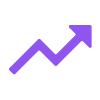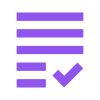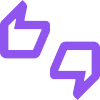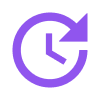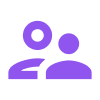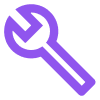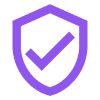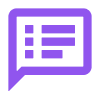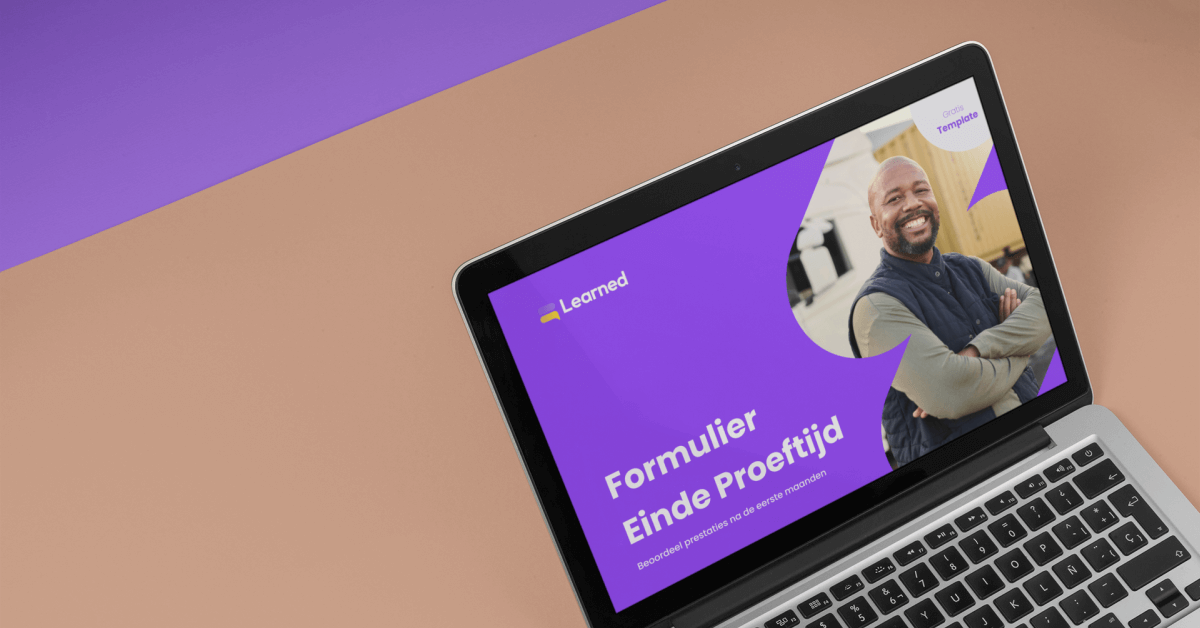The probationary period in new employment is a crucial period for both employers and employees. It is a time when both parties have a chance to assess whether the collaboration meets their expectations. The probationary interview, which usually takes place at the end of the probationary period, is an essential part of this process. But what exactly does it entail, and why is it important? You can read about that here.
Prefer to start right away? Then download our free trial interview template here!
What is a probationary interview?
A probationary interview is a formal meeting between a new employee and his or her supervisor or HR representative at the end of the probationary period. This probationary period is a defined period (usually 1 to 2 months) during which both the employee and the employer have the opportunity to assess whether the new hire meets their expectations. During the probationary interview, the performance and integration of the new employee is evaluated.
Why is a probationary interview important?
The importance to workers:
- Feedback and development: the probationary interview provides employees with valuable feedback on their performance and behavior in the organization. This allows them to address any deficiencies and focus on their development.
- Clarity: it gives employees clarity about their roles and expectations within the organization. They can ask questions and discuss any ambiguities.
- Career development: for employees, this is a time to discuss their long-term goals and aspirations. The probationary interview can help them determine if the organization is the right place for their professional growth.
The importance to employers:
- Evaluation of performance: employers can thoroughly assess the new employee’s performance during the probationary interview and determine whether it meets expectations.
- Culture and integration: it offers employers insight into how well the new employee has integrated into the corporate culture and whether they fit the organization’s values.
- Decision-making: the probationary interview is also an opportunity for employers to decide whether to convert the employee’s temporary appointment to permanent employment.
Tips for a successful probationary interview
- Preparation: both employers and employees should prepare for the interview. This includes gathering relevant documentation and formulating specific feedback and questions.
- Open communication: encourage open and honest communication during the conversation. Employees should feel free to raise concerns or questions.
- Constructive feedback: provide specific, constructive feedback rather than general comments. This helps employees improve their performance.
- Goals: discuss goals for the future and development opportunities for the employee.
The probationary interview is a valuable tool for managing expectations and promoting growth for both employees and employers. It enables both parties to work together to create a successful and productive working relationship.
As an employer, should you have an end of probation conversation?
Although we find the end-of-probation interview to be very useful, we still see that not every organization actually conducts the interviews. But can that actually just happen? We sought it out. It appears that there is no legal requirement for employers to have an end-of-probation conversation. The probationary period is intended as a period during which employers and employees have the opportunity to evaluate cooperation before entering into a permanent employment contract.
In some countries or industries, however, there may be specific rules or collective bargaining agreements that require an end-of-probation interview. So it’s a good idea to consult your local laws and any agreements within your industry to determine if there is a requirement for conducting an end-of-probation interview in your specific situation. In addition, having such a conversation can be helpful in assessing the employee and promoting a positive work environment.
Make probationary interviews run smoother and generate valuable insights with Learned tools
Our advanced HR software platform supports the planning, preparation, documentation and follow-up of probationary interviews, improving communication between employers and employees. Through the data collected during these conversations, organizations can identify trends that can lead to more effective onboarding and performance improvement. With Learned, the probationary interview is not just a mandatory step, but an opportunity to encourage growth and development for both employees and employers.
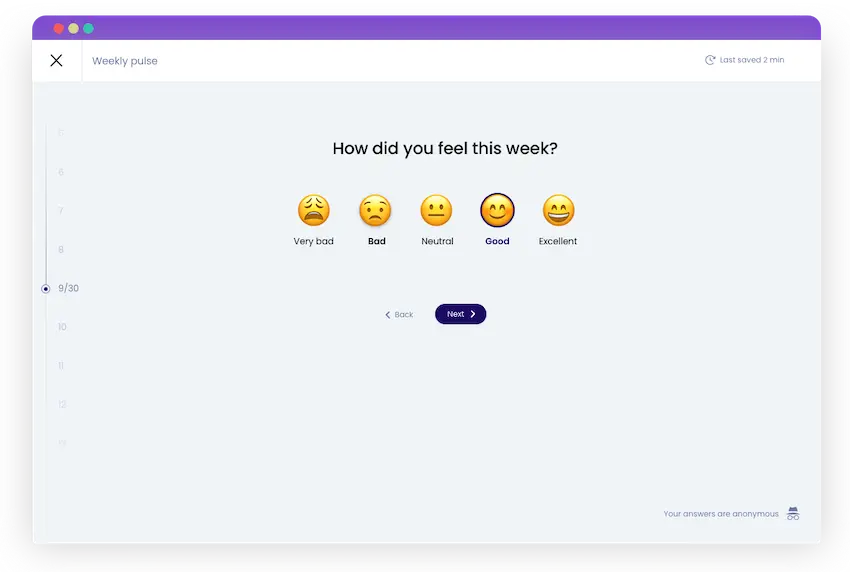
With Learned, you make evaluations more honest. Don’t base the final assessment on the manager’s gut feeling. Make evaluations more fair by easily calibrating evaluations with Learned.
Explanatory Figure: The 9-grid model in Learned makes it easy to compare and calibrate evaluations from different managers.

